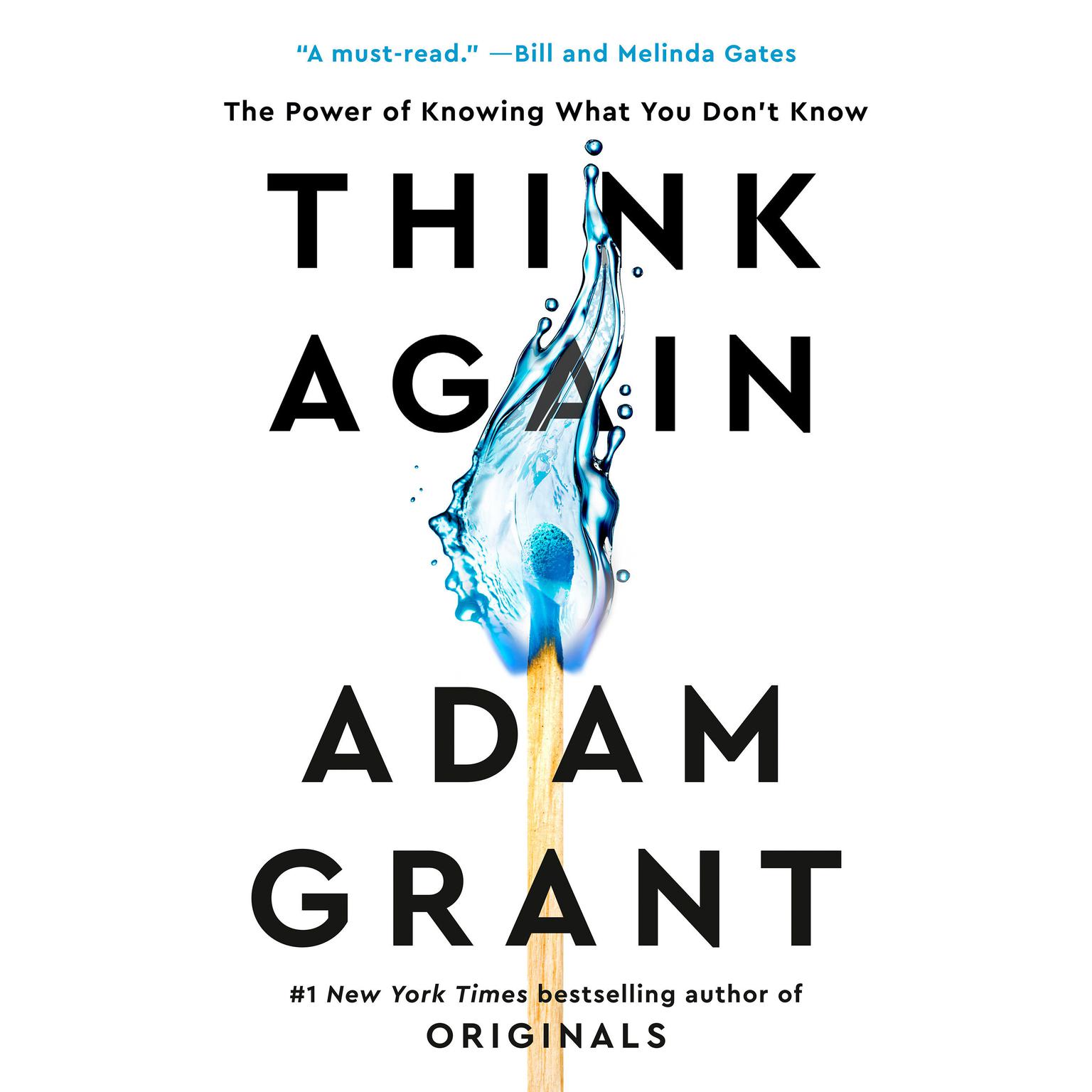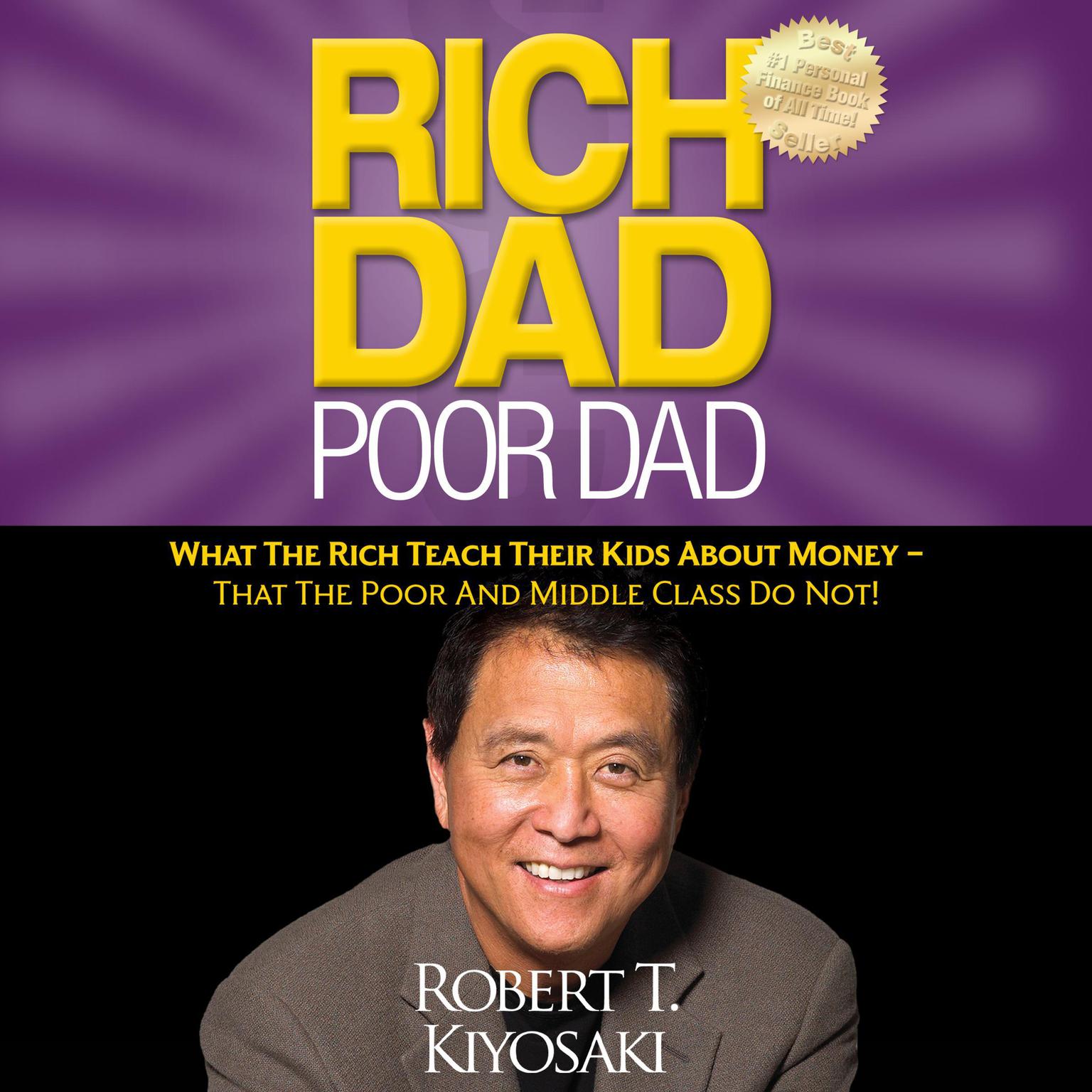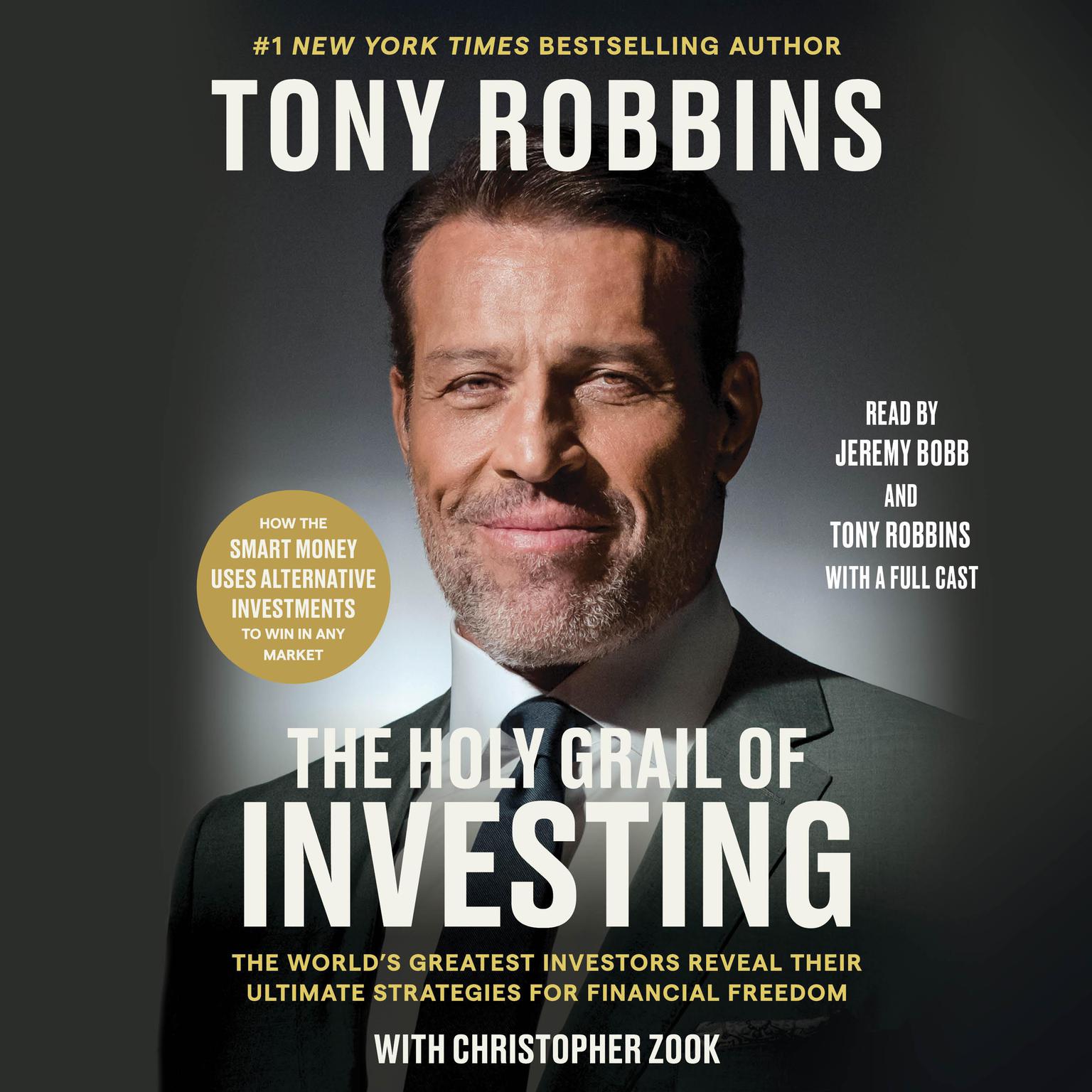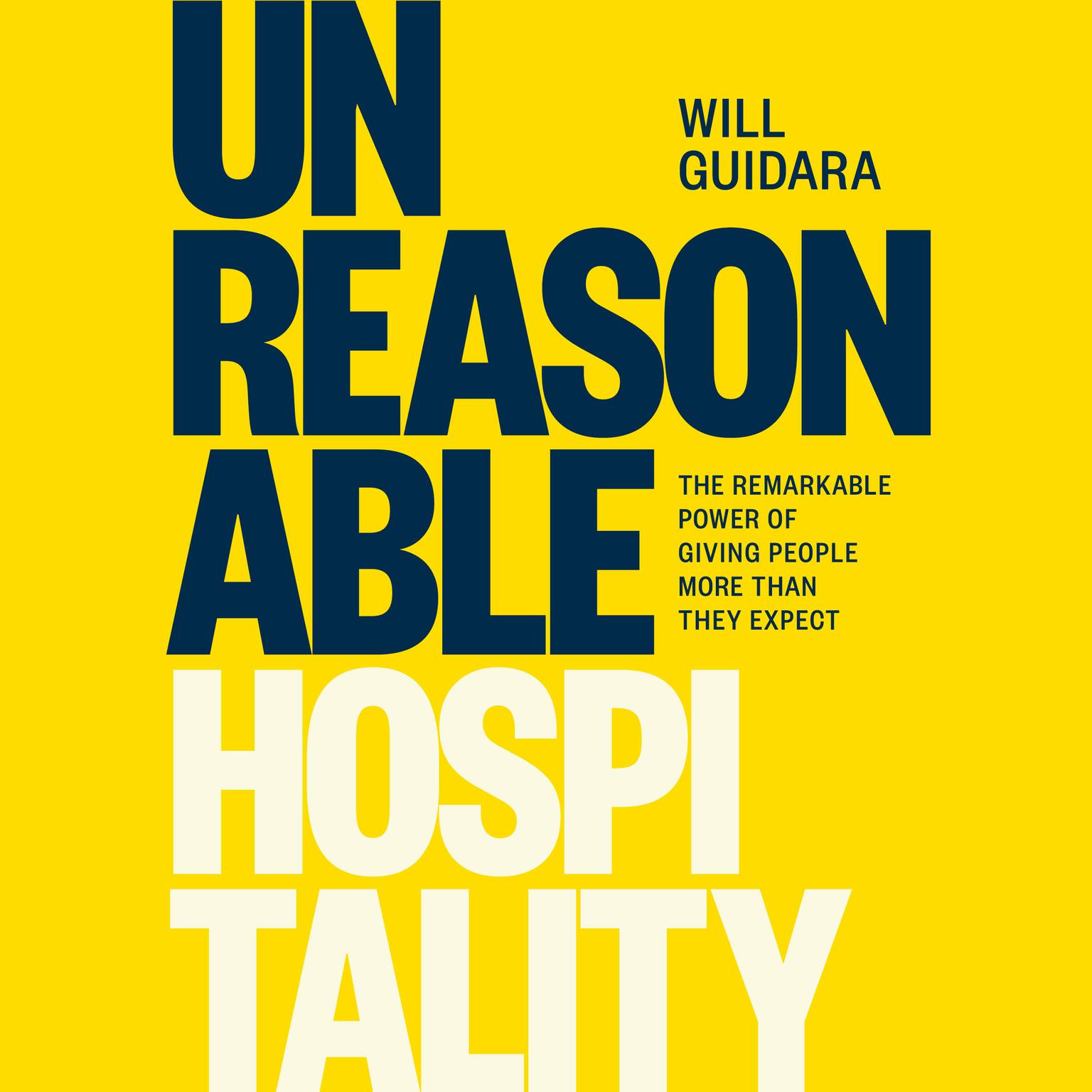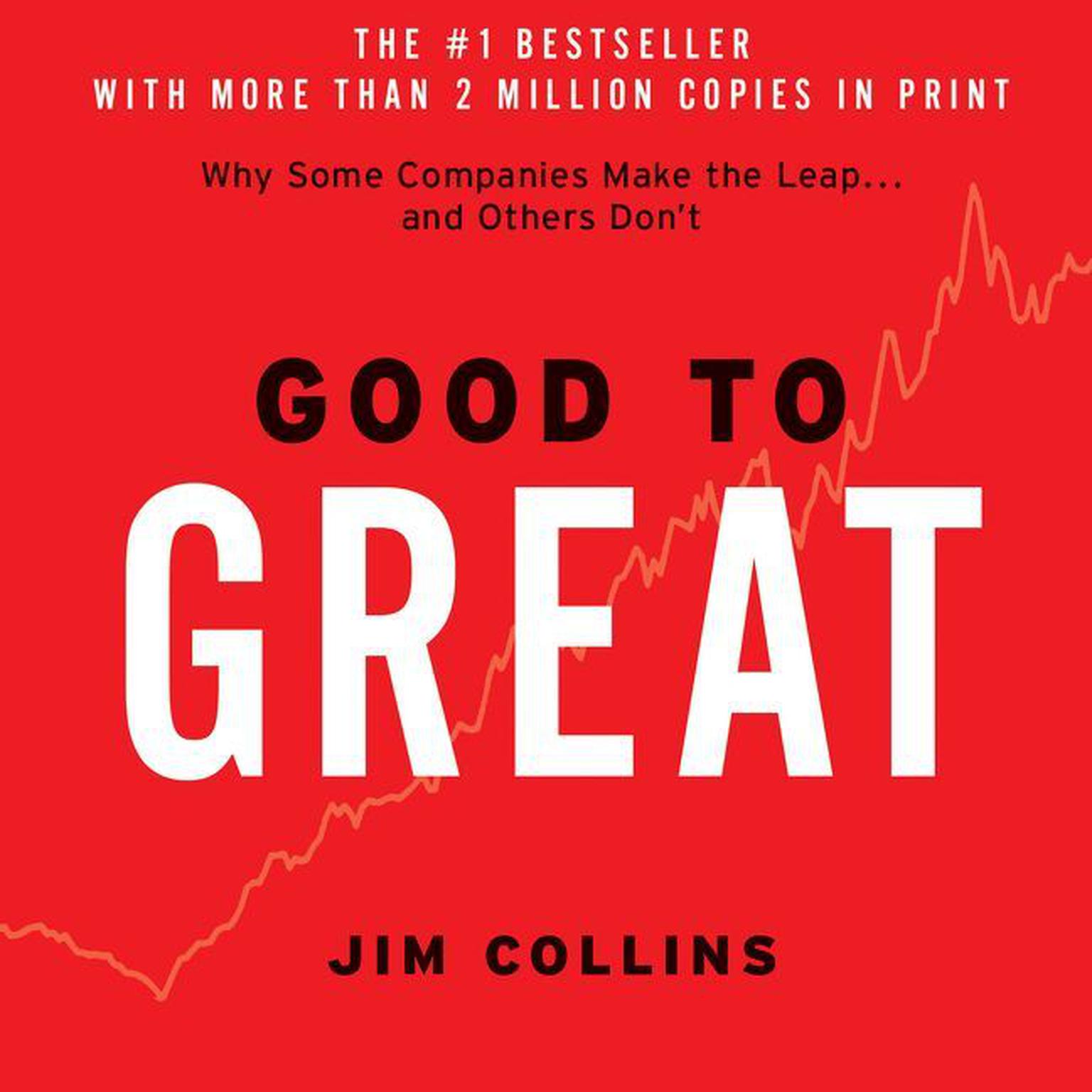Publisher Description
Fordlandia by National Book Award finalist Greg Grandin tells the enthralling tale of Henry Ford’s failed attempts to transform a Connecticut-sized chunk of Brazilian rainforest into a homespun slice of American utopia. “Fordlandia is . a genuinely readable history recounted with a novelist’s sense of pace and an eye for character. It is a significant contribution [that is] grossly enjoyable.”-Los Angeles Times
Download and start listening now!
“Henry Ford was an idealist and a crank. His anti-Semitism is well-known and repulsive, but I can admire some of his ideals, like his insistence on the need to pay his workers good wages and provide them with benefits like health care and his fierce pacifism, although his expression of them could be odd (like the peace ship he sent off to Europe to convince those silly Europeans to stop WWI). His arrogant willingness to meddle in other people’s lives (and his firm belief that he was entitled to meddle because he knew so much better than they how they should be living) led him to set up an entire section of his company to tell employees where they should live, what their yards should look like, and how to spend their free time; another was filled with thugs to threaten, bully, beat, and even kill (by firing on a group of hunger marchers during the Depression) union-organizers and other such undesirables. In the twenties, worried about the global rubber supply and annoyed that the foreign-owned industry wasn’t conforming to his wishes, he got control of a huge swath of the Amazon rainforest and decided to grow his own rubber. Despising experts and book-learned elitists, he set it up without the help of anyone who knew anything about agriculture in the Amazon, about growing rubber, about rainforest insects, or about Brazil and its people, trusting to American know-how and good old common sense to knock down all barriers to success. The towns he built there were attempts to replicate an idealised version of small-town Midwestern life that he saw disappearing around him (without, apparently, acknowledging that his own actions and products had contributed to their decline); the houses were more suited to Michigan than to tropical Brazil, and he made no concessions to local needs or circumstances (attempting to enforce American-style prohibition, for example, although no Brazilian law outlawed alcohol). It didn’t go very well. Although the details have changed, the arrogance and unshakable techno-utopianism are still with us (there’s no problem we can’t solve with a bit of technology!), and the Amazon, among other places, is still paying the price. An important and interesting story, well-told.”
—
Leslie (4 out of 5 stars)



